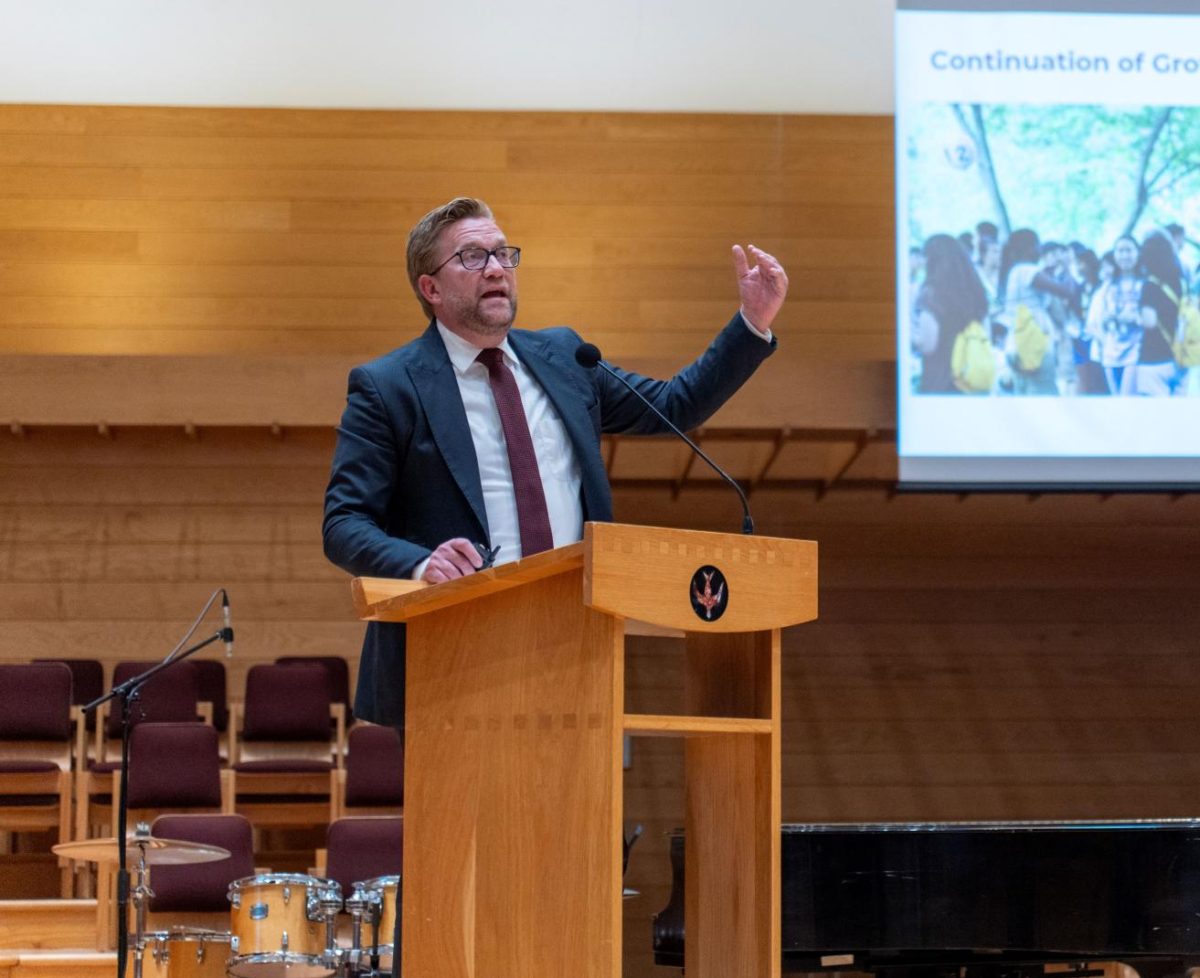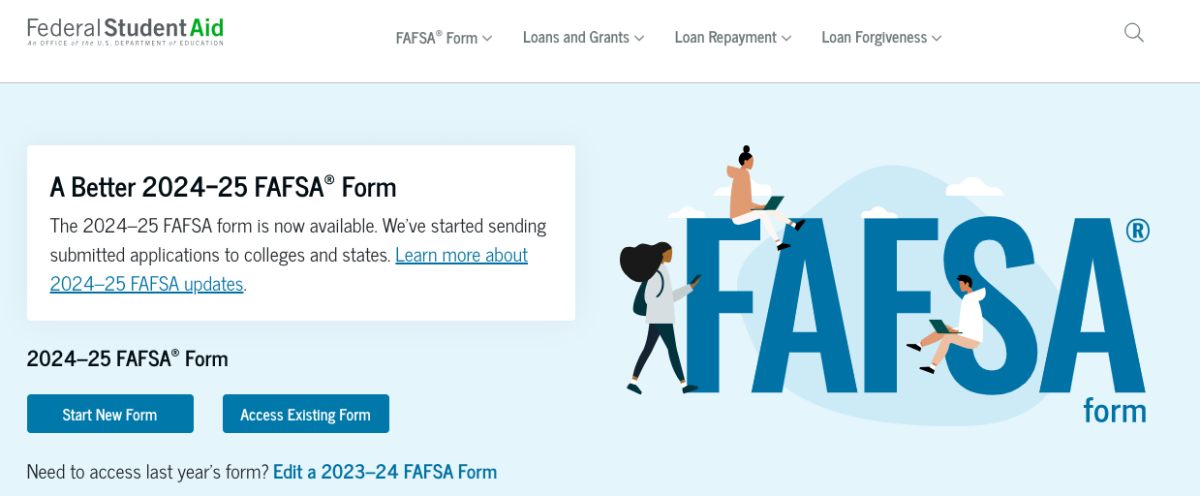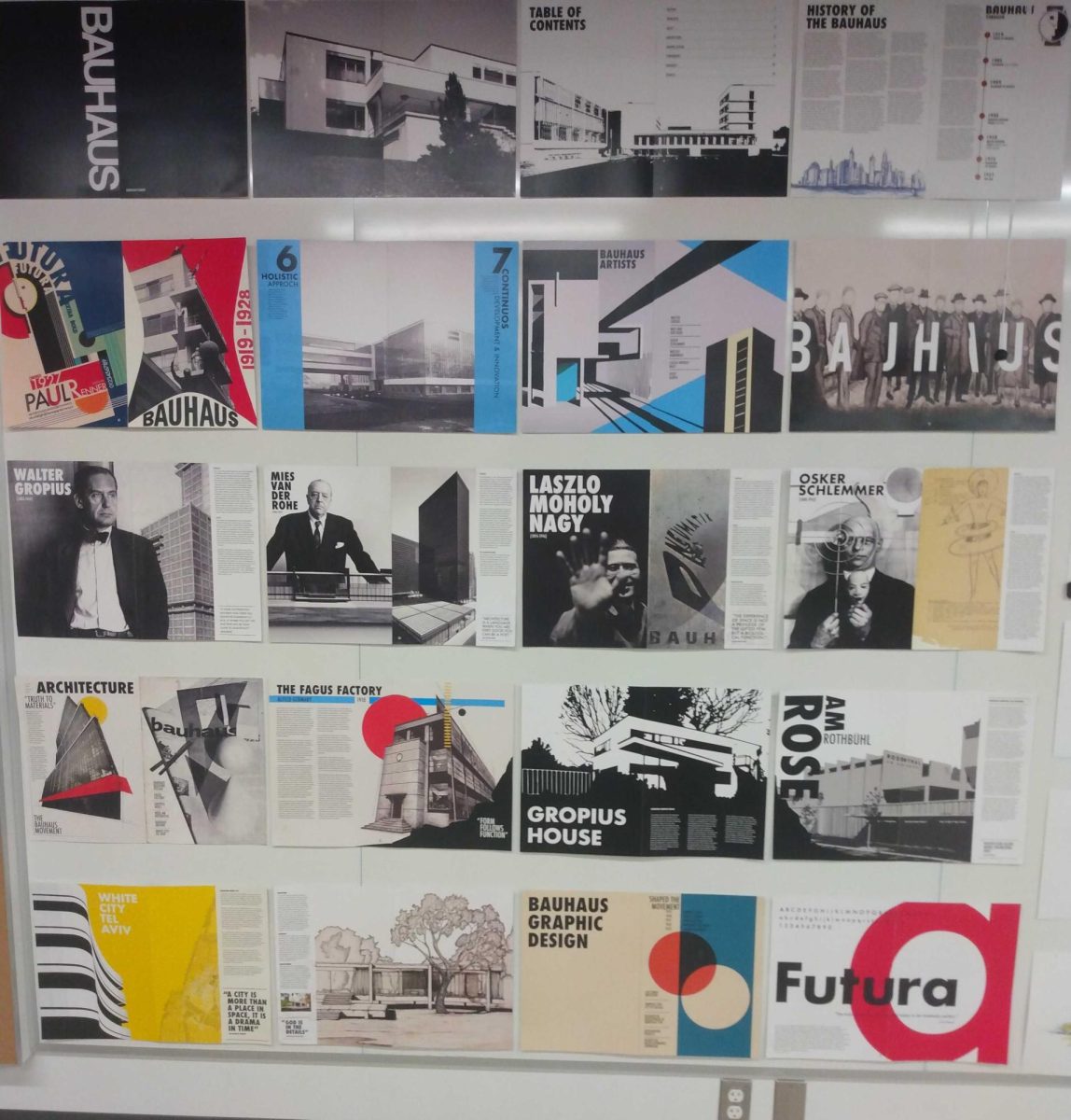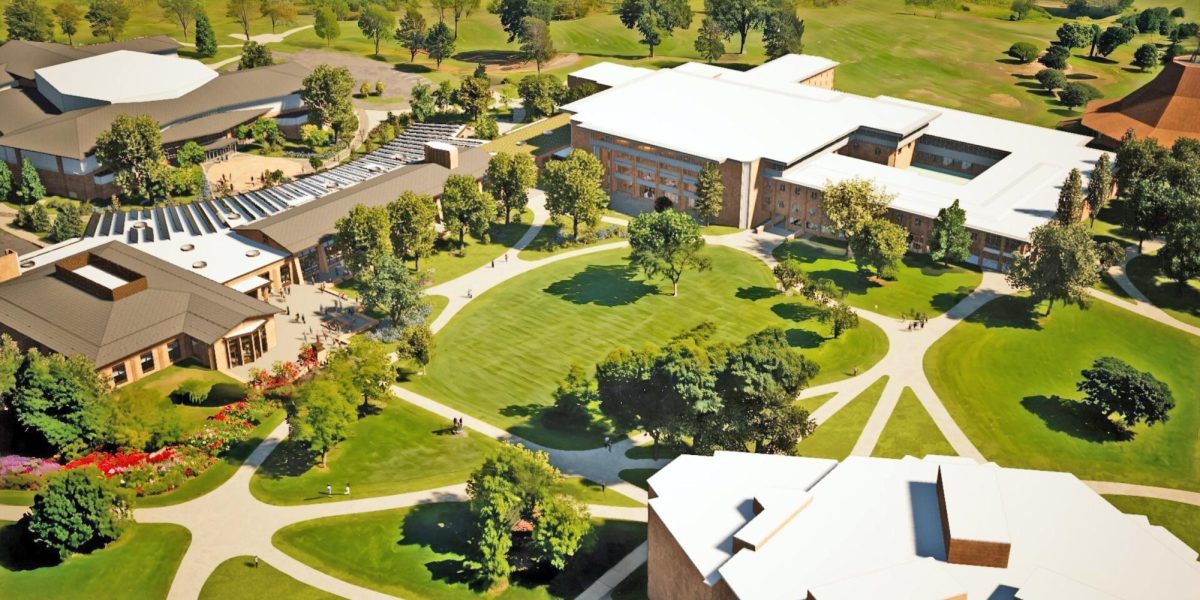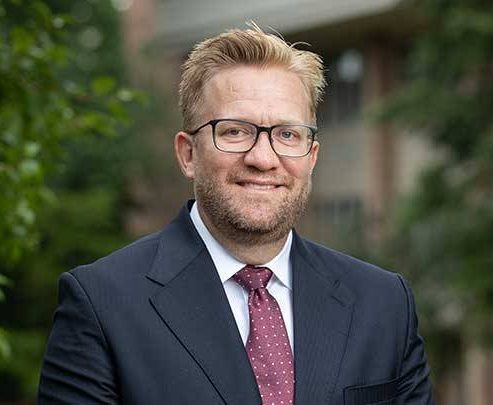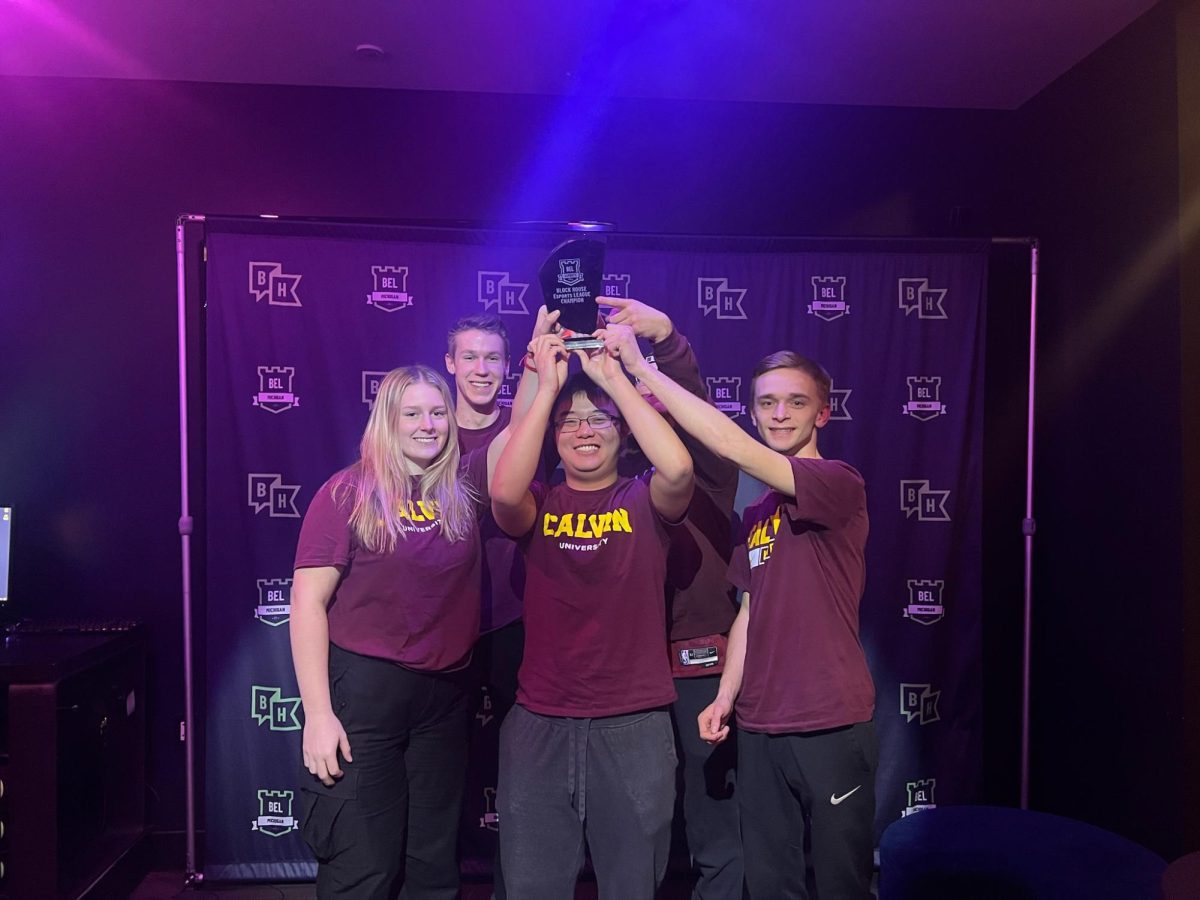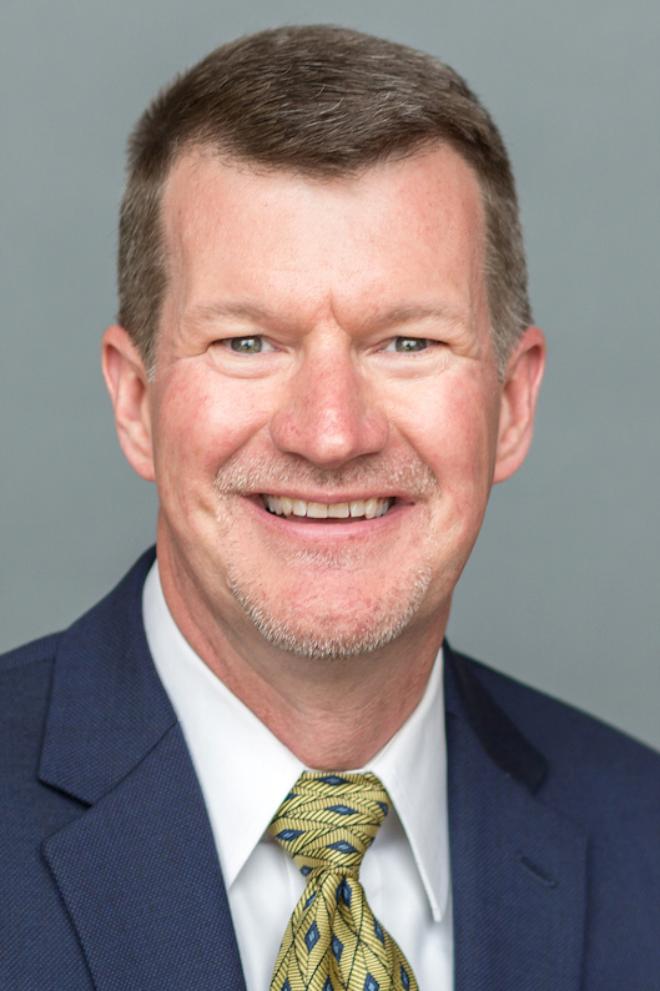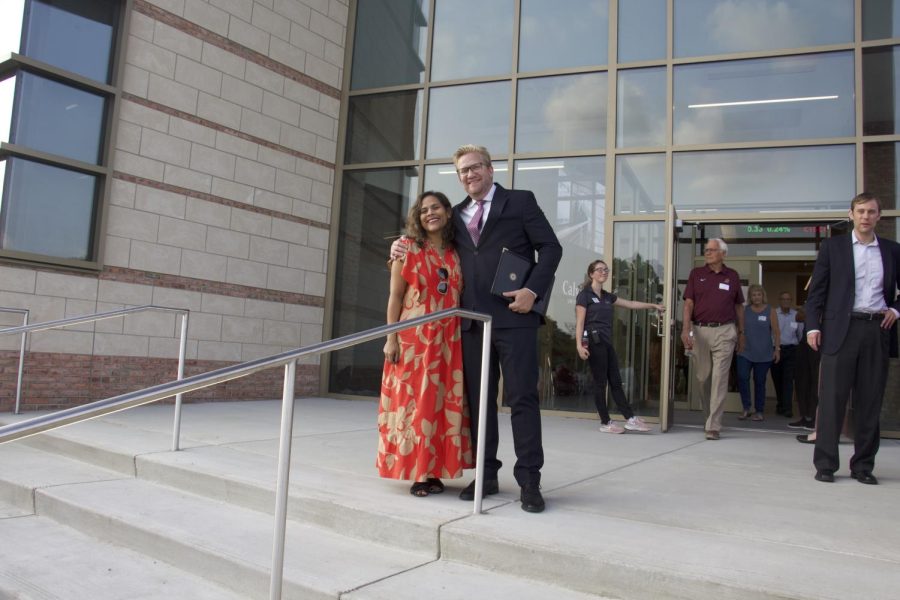As small liberal arts institutions are closing at rapid rates, Calvin’s leadership has formulated a strategic long-term plan based on robust enrollment growth.
Calvin’s updated Vision 2030 strategic plan, presented at a public town hall on Jan. 30, focuses heavily on growing enrollment through investing in capital, branding and student experience, and the plan asks that all staff and faculty buy into their roles as Calvin’s ambassadors.
Over the past five years, Calvin University achieved key objectives from the Vision 2030 plan. This includes notable structural changes like the establishment of the Global Campus, academic shifts such as transitioning to a 4/2 credit system and operational milestones like creating a marketing and communications division.
We’re carrying on from where we started.
“Let’s congratulate ourselves for the amazing work that got us to almost complete Vision 2030 as it was in 2019 within five years,” President Wiebe Boer said at the January town hall. “We’re carrying on from where we started.”
The updated plan focuses on growing enrollment in five major areas — such as international recruitment, graduate programs and traditional undergraduates —- as well as further goals regarding infrastructure, fundraising and other revenue streams, marketing maturity and workplace culture. The vision for this workplace culture emphasizes fostering the fruits of the spirit and encourages participants to be “rowing in the same direction” toward growth and enrollment goals, Sarah Visser, executive vice president for student experience and strategy, said during the town hall.
Financial focus and faculty enrollment involvement
To invest in achieving enrollment growth, the Board of Trustees has approved the university to tap into the institution’s operating assets, according to Vice President for Finance and Chief Financial Officer Dirk Pruis at the town hall. “The Board is behind us…which is a terrific place for us to be in,” he said.
Other resources include money from the endowment; the board approved a spending rate of seven percent of the average balance from the past three years in the spring of 2021, but this increase was not used until 2023, according to previous Chimes reporting.
The current budget is unsustainable, Pruis said at the town hall, which means the university is spending more than it is receiving in revenue. To get to a sustainable level, Calvin must enroll 3,500 undergraduate students, Pruis said, so “our strategy is enrollment growth.” If the student population continues to grow at its current pace, this will only take a few years, according to Pruis.
Enrollment growth overall this year was large; the total incoming class was about 13% larger than last year’s incoming class, according to census data. The incoming class of FTIAC students this year was around 17% larger than last year’s class of FTIAC students.
However, an enrollment cliff, where the United States will see a sharp drop in college-age students, is approaching and does not bode well for institutions of higher education, according to chemistry professor Kumar Sinniah, who has been following the landscape of higher education for some time. Due to this coming decline in eligible students, Sinniah and some other faculty are cautious about banking on high enrollment goals.
But despite potential challenges, “We do believe we can get out of this current predicament of not having a sustainable budget with a plan,” Visser said during the town hall.
But the alternative is not being ambitious enough — and now is not the time for that.
These plans include cultivating connections across all sorts of sectors holistically so that the university can leverage “all of it to make it valuable to enrollment,” Visser said at the town hall. For example, growing international enrollment will entail not only a focus on convincing college-aged students to come to Calvin but also on building relationships with alumni, considering where Calvin students travel for off-campus programs and where the institution hires personnel, she said.
The plan also necessitates an entire campus buy-in. “The one only disappointment I’ve had in this town hall so far is when Wiebe said who’s on the enrollment team and only a few people stood up,” Pruis said during the town hall. “We are all on the enrollment team.”
Jennifer Holberg, chair of the English department is “realistic that all that is being proposed is a very heavy lift for everyone,” she told Chimes in an email. “But the alternative is not being ambitious enough — and now is not the time for that.”
Branding
A final key piece of growth is an emphasis on marketing maturity, which includes, but is not limited to, a redesign of the calvin.edu website and further market research, which will provide data about who the institution serves and how to serve them better, according to Visser.
Calvin’s new website, according to Vice President of Marketing and Communications La’Leatha Spillers, will serve to better engage all kinds of learners and “showcase Calvin’s brand.”
Calvin’s brand is that of the premier Reformed liberal arts institution in the world, according to Boer, and the goal of the updated strategy is to improve that brand and become the premier Christian liberal arts institution in the world, Boer said at the town hall.
Spillers emphasized during the town hall that her office had a “personal commitment to provide clear and frequent communication, all right, throughout this entire process [of relocating the website].”
Culture
Spiller’s push for frequent communication is not going unnoticed. “I’m aware of how difficult it is to get everybody on the same page to communicate a similar message,” Jolene Vos Camy, professor of French who served as the chair of the faculty senate for many years, told Chimes. “I appreciate how much hard work is going into the strategy and communication,” she said.
While Vos Camy acknowledges it is a team effort, she said her impression is that Spillers “is doing a great job pulling everyone together.”
Overall, Vos Camy, Sinniah and Holberg are optimistic about Calvin’s growth trajectory. Sinniah and Holberg attribute this to finally feeling as if the university is no longer under the strain of COVID and budget cuts.
In June 2022, morale (and Calvin’s scores on the Best Christian Workplace Institute (BCWI) test) was quite low due to increased unsustainable workloads, a lack of faith in university leadership — in part because of concerns about communication — and a sense of fragile job security, according to previous Chimes reporting.
In contrast, today, “I think the morale has picked up…I think we’ve done a cultural shift in that sense that suddenly people feel much more stable,” and no longer feel as if they could lose their job at any moment, Sinniah said. “That cultural shift is really necessary and I think I credit, largely, Wiebe for making that happen. But it can’t be superficial changes,” he told Chimes. Lasting institutional changes must happen slowly to prevent a cycle of cuts from continuing, Sinniah said.
One Calvin
At the town hall, Boer presented Calvin’s strategy to continue to improve workplace culture — called One Calvin — which starts with an emphasis on the fruit of the spirit. “Culture can either make or break everything that we’re trying to do in all of these strategies that we’re talking about,” he said.
According to Provost Noah Toly, much of the feedback he received on the updated strategy has been positive “partly because the strategy that’s laid out begins to bring clarity where people have wanted clarity.”
Other comments have concerned what being “the premier Christian institution in the world” means, what the final goal for student population growth will be and what “One Calvin” actually means, according to Toly.
“In my mind, one Calvin means we are all rowing in the same direction,” Toly said. “We haven’t pointed the Calvin ship at one destination and then started going that way, and then have had big parts of the community rowing a different direction or rowing against the grain, right? That’s not going to help us get where we need to go.”
Toly told Chimes that he wants to provide a space for questions and disagreement: “It’s not whether you do it, it’s how.” Pathways such as conversations with supervisors and broaching concerns in the faculty senate are some of the available options to offer feedback, according to Toly. Additionally, “It’s important that people actually exhibit the fruit of the spirit while they question and critique and dissent,” Toly said.
As Calvin seeks to achieve its enrollment strategy through investment and a more explicit campus culture, “There’s a real awareness in our hearts and minds that a rising tide floats all boats,” Visser said at the town hall. “Where we invest to grow we believe that it’s going to be good for the entire institution.”



